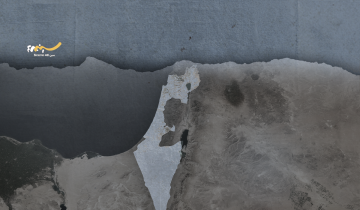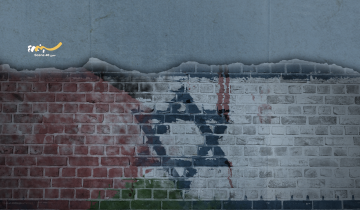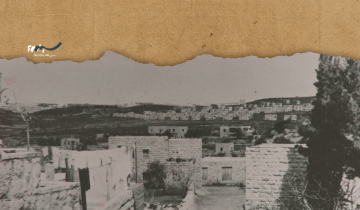A Reflection
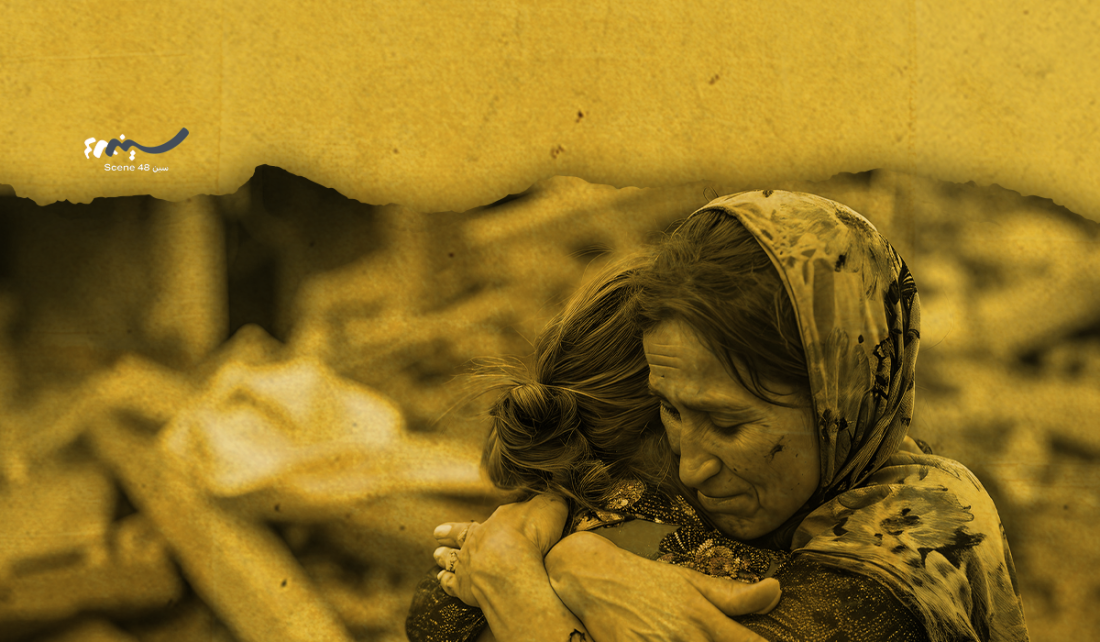
On this 77th year of commemorating our Nakba as a people, we acknowledge that it continues at an accelerated rate. The catastrophe inflicted by Zionists upon Palestinians is no single stop in time, but rather a continuing colonial and increasingly genocidal reality that we live every day, threatening our presence as a people on this Earth. “The Nakba 2.0,” as some have called it, though shocking in its scale and destruction, is familiar in its intent, in its approach and implementation, and in its consequences.
Since 1948, Israel, with the support of many world governments, has strived and succeeded to fragment us Palestinians through physical, social, and political separation, and through the violent denial and criminalization of our voices, our narrative, even our very existence. For a brief few decades, we regrouped and found legitimate representation that spoke in our name, but that short-lived unity has been defeated, corrupted, and must now be rebuilt. Never has our need for unity—speaking and acting as one people, with one voice, one history, one narrative, and a shared vision of the future—been as dire for our survival as a people as it is in this moment in time. We must step up and meet this challenge now.
Over the past nineteen months, encountering the genocidal attempt at our erasure (both literally and figuratively in Gaza and everywhere else), we’ve each individually felt the helplessness and disbelief that have at times paralyzed us as we struggled to understand how the world can watch the destruction of our people and our children and stand silent, or worse, support it. We’ve looked for a voice, any voice, to speak our truth, to represent our collective will and to take action in our name. But we have found that the deliberate work of our fragmentation over the decades succeeded in leaving us Palestinians orphans of our own leadership and dismantled political movements. The decades of our separation over space and over time and ideology, even in our understanding of our own history, have left us more vulnerable and less equipped to confront the enormity of what we face as a collective.
Yet the heroic and heartbreaking survival, the steadfastness, and the unfathomable strength of the human spirit that we’ve witnessed in our people in Gaza who continue to withstand the horrors forced upon them by Israel and its allies, have energized and reignited our people’s determination to seek what we know we deserve. Their sacrifice and suffering must not be let to pass.
Nascent efforts have organically sprung up in Palestinian communities worldwide by various activists, academics, businesspeople, and social, political, and community organizers. Palestinians of every kind are gathering in our small communities and across the various spaces in the world—are coming together to grieve, but more importantly, to organize ourselves. These efforts are grassroots and somewhat disjointed, but they must be encouraged, nurtured, and accelerated. What unites these efforts is our shared refusal to be erased, physically and psychologically and our recognition of the urgent need to organize our work and to represent ourselves.
So, what does that mean? History teaches us that our survival as a people is not a given end, but one that must be hard fought and won.
For many Palestinians I’ve spoken with over the past nineteen months, both in intimate gatherings and in more public fora, the lesson is one we’ve all learned before—we must have an honest political reckoning with ourselves. To survive this attack on us, we cannot remain isolated individuals, for our destruction relies on our continued fragmentation. To endure and succeed as a people, as a nation, we must ensure our narrative, our story, is clear and unified. We must work to re-organize ourselves and rebuild our political institutions. We must reinvigorate our cultural and political actions to support one another and restitch our fragmented identity into our one, shared, collective mosaic. We must as a people turn inward and reconstitute ourselves in a way that allows us to have a clear plan for our liberation.
We are one people, with a shared history and culture, steeped in the land and in the language. Our unity is strengthened by the recognition of the hardships we have each lived in our respective realities: the challenges of Palestinian refugees; of those who remained in our lands and have felt the weight of the daily colonial oppression, whether as citizens or as occupied residents; the challenges faced by Palestinians in the diaspora in neighboring Arab states, or in the far reaches of North and South America, Africa and Europe. Yet, no matter the variance in experience, the bond among our people and to our land has not been defeated.
Our history is one and our political struggle is shared; we must ensure that our future is a shared one as well. We must strive for communal institutional rebuilding with a new generation leading, armed with the knowledge and lessons of the past, a collective identity, and a united vision for a brighter future. We seek principled leadership and institutions to represent all Palestinians: one people, one land, one voice in the struggle for freedom, justice and dignity. For here we shall remain.
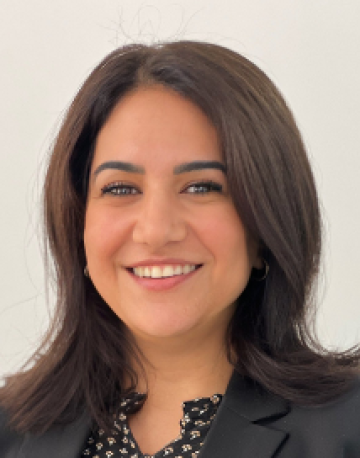
Lina Fattom
A Palestinian-American lawyer from Nahf village in the Galilee. She is a former legal advisor on final status issues and has previously worked as a regional researcher with Amnesty International, with local human rights and community organizations, and has advised on international humanitarian law and third-party responsibility to multiple governments and INGOs with operations in conflict areas.
